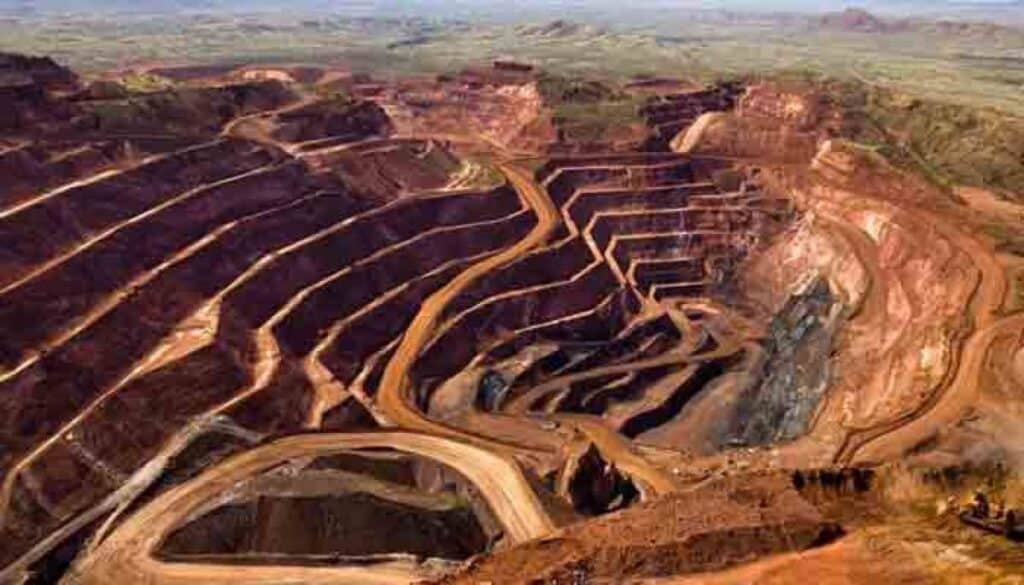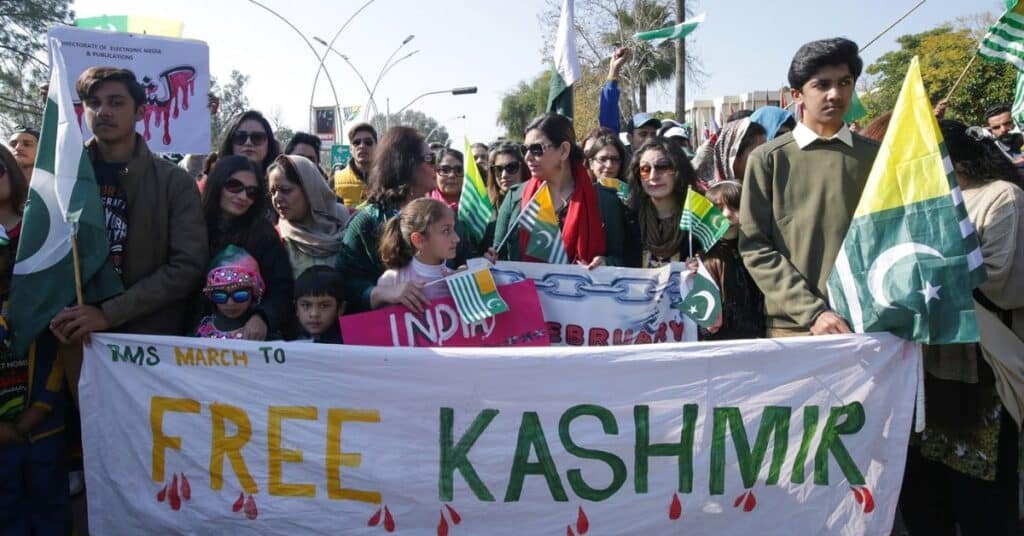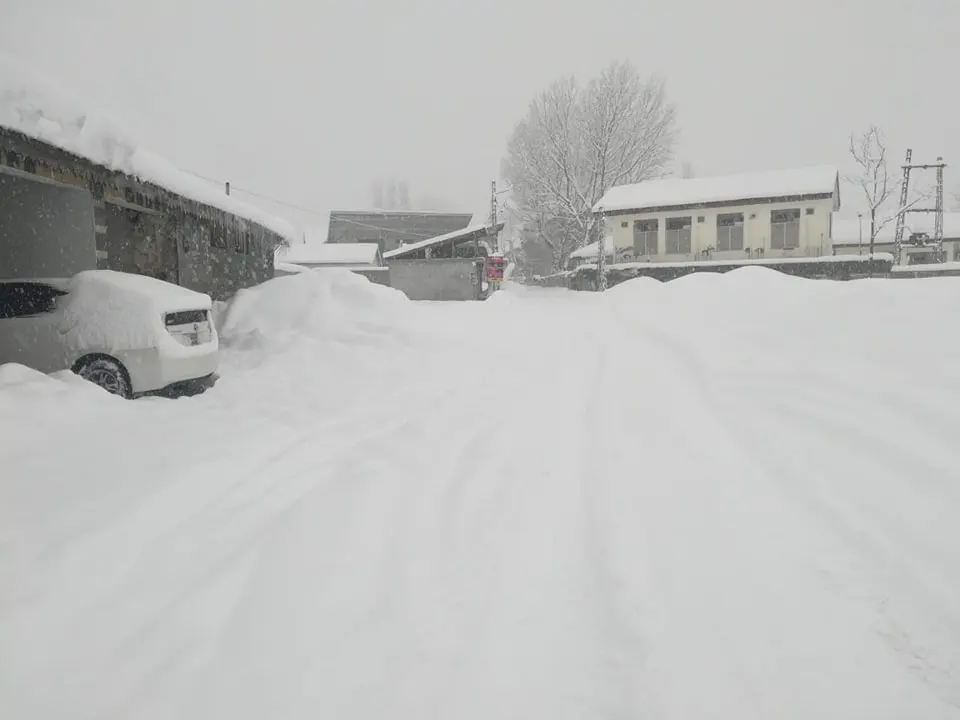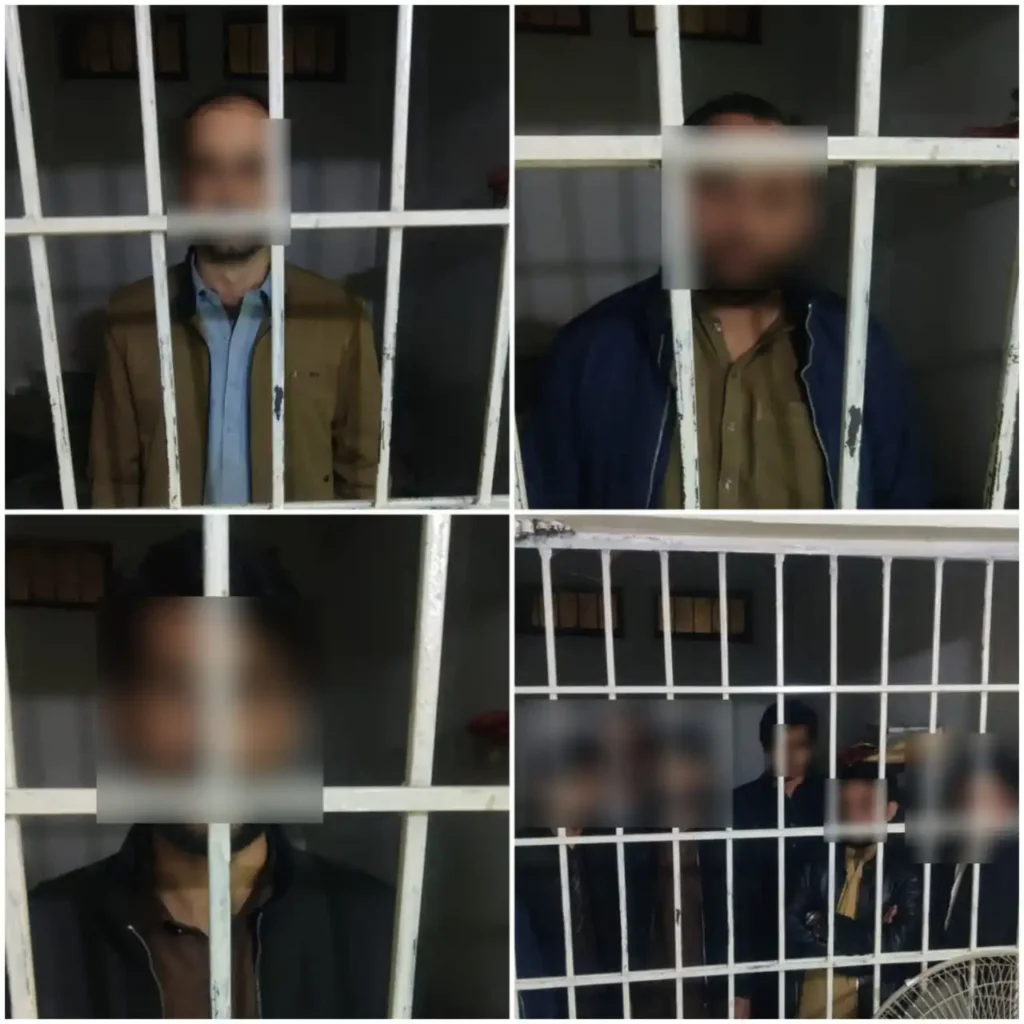ISLAMABAD: The Reko Diq Copper Project is poised to become a game-changer for Pakistan’s economy, projected to contribute nearly 1% to the national GDP annually, marking it as one of the largest industrial ventures in the country’s history.
Prime Minister’s Special Assistant Dr. Tauqir Shah told private media outlet that the project has gained major international backing, particularly from the International Finance Corporation (IFC), which has extended a landmark financing package. The deal includes a $300 million direct loan and $400 million in blended finance, IFC’s first-ever mining investment in Pakistan, signaling renewed international confidence in the country’s economic trajectory.
Dr. Shah, who played a key role in securing the funding, noted that the IFC will serve as both the lead lender and environmental/social coordinator to ensure compliance with global standards for sustainability. The World Bank and IFC have also approved a $700 million concessional loan for the project.
Following this development, media reports suggest private sector investment in Reko Diq could reach $2.5 billion. According to Dr. Shah, the project is expected to generate around $2 billion in gross value added annually, based on 2024 economic estimates. Notably, all revenue will be in foreign exchange, boosting Pakistan’s reserves.
Led by Reko Diq Mining Company (Private) Limited (RDMC), the project is being developed in partnership with Canada’s Barrick Gold Corporation (holding a 50% stake), three federal state-owned entities (25%), and the Government of Balochistan (25%). With one of the world’s largest undeveloped copper reserves, Reko Diq is projected to operate for over 40 years, producing 200,000 to 250,000 tons of copper per year , crucial at a time when global copper demand is rising due to clean energy and infrastructure growth.
At peak construction, the venture will create up to 10,000 jobs, with priority given to local Baloch workers. During operations, the mine will support around 3,000 direct jobs and many more in the supply chain. RDMC has committed to inclusive hiring practices, including targeted initiatives to increase female participation. To date, it has invested $2.5 million in local infrastructure, education, healthcare, clean water, and food security programs.
Furthermore, the company has pledged to contribute 1% of construction costs and 0.4% of annual revenue toward community-led development initiatives throughout the project’s lifespan.
Official sources revealed that supporting infrastructure, including transport, water, and power, is currently under development and could pave the way for future mineral exploration and regional investment.
Highlighting its transformative potential, sources described Reko Diq as a model for responsible resource development in Pakistan. With robust international support and strong community engagement, it’s expected to reshape the economic landscape of Balochistan.
However, challenges remain. Pakistan Railways must upgrade existing rail lines from Reko Diq to Karachi and construct a new route to Gwadar Port to meet transportation demands.
A senior official, while optimistic about the project’s future, criticised past administrations for failing to capitalise on this massive resource earlier. “This reservoir was always there, almost at the surface, and yet successive governments failed to utilise it for national benefit,” he said. “This is a classic case of poor governance, ill-informed decision-making, and judicial overreach that squandered decades of economic opportunity.”





